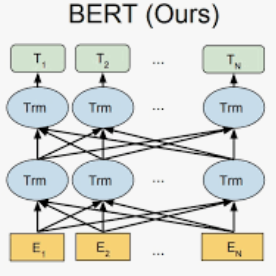Increasingly, cyber aggression becomes the prevalent phenomenon that erodes the social media environment. However, due to subjective and expense, the traditional self-reporting questionnaire is hard to be employed in the current cyber area. In this study, we put forward the prediction model for cyber aggression based on the cutting-edge deep learning algorithm. Building on 320 active Weibo users' social media activities, we construct basic, dynamic, and content features. We elaborate cyber aggression on three dimensions: social exclusion, malicious humour, and guilt induction. We then build the prediction model combined with pretrained BERT model. The empirical evidence shows outperformance and supports a stronger prediction with the BERT model than traditional machine learning models without extra pretrained information. This study offers a solid theoretical model for cyber aggression prediction. Furthermore, this study contributes to cyber aggression behaviors' probing and social media platforms' organization.
翻译:网络侵略日益成为侵蚀社交媒体环境的普遍现象。然而,由于主观和费用,传统的自我报告问卷很难在目前的网络领域使用。在本研究中,我们根据先进的深层学习算法提出了网络侵略预测模型。我们在320个活跃的维博用户社交媒体活动的基础上,构建了基本、动态和内容特征。我们从三个方面阐述了网络侵略:社会排斥、恶意幽默和内疚感。我们随后将预测模型与预先培训的BERT模型结合起来。经验证据显示BERT模型的性能优于传统机器学习模型,支持在没有额外预先培训信息的情况下对BERT模型进行更强有力的预测。这项研究为网络侵略预测提供了一个坚实的理论模型。此外,这项研究还有助于网络侵略行为“探索”和社会媒体平台组织。




